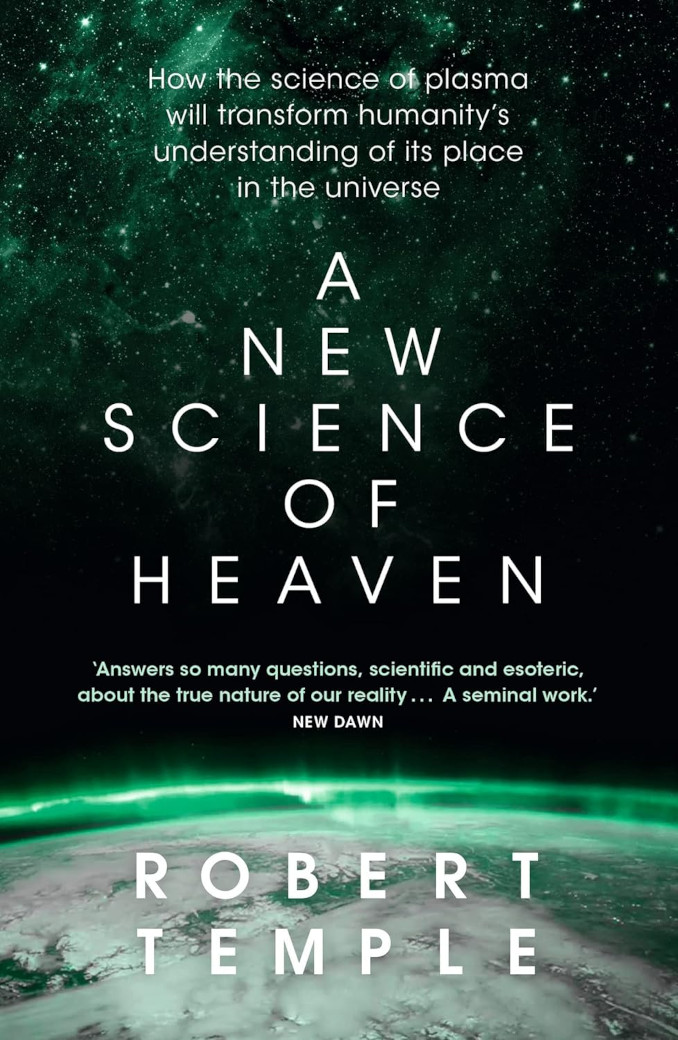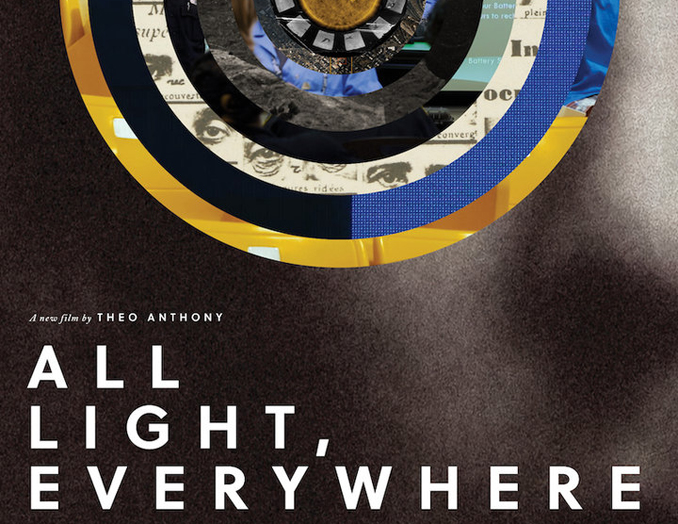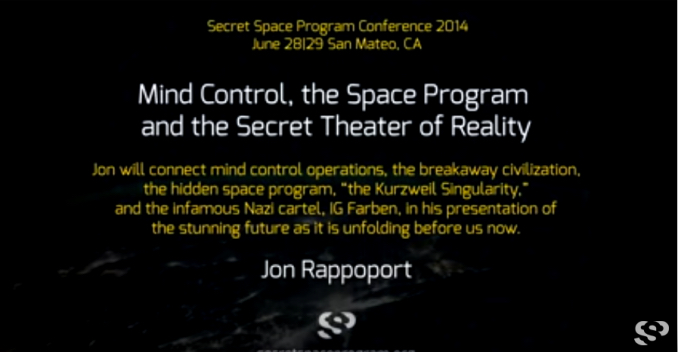
“The 99.9 per cent of the Universe that is plasma is not sitting there inert. It is fantastically alive and dynamic. And we shall shortly see that as plasma beings, we are part of this universal process.” ~Robert Temple
By Ulrike Granögger
I would love to do this book justice by writing a detailed and enlightening review, but it is difficult to wholly convey the significance of this latest work by internationally renowned author and multilateral scholar, Professor Robert Temple. Temple may be known to many as the author of the 1976 bestseller The Sirius Mystery, itself the result of nine years of research into the astronomical knowledge of Africa’s Dogon tribe in Mali. The Dogons’ traditions contain a number of very unusual facts about the star (system) Sirius, some of which were not known to modern astronomy until 1926 and after.
Temple also has written several studies about new discoveries in Egypt and is a recognized expert on Chinese culture and history. He holds a visiting professorship at Tsinghua University in Beijing and authored the award-winning The Genius of China, a history of 3,000 years of science and invention in China. His extraordinary linguistic skills and keen interest in ancient cultures and literary antiquities also shine through his verse translation of the Epic of Gilgamesh as well as his translation (in collaboration with his wife Olivia) of Aesop’s complete fables from the Greek. The breadth of this man’s education and mastery—as well as the circle of friends and the scientific network with which he is connected, including several Nobel laureates—is indeed impressive.
But Professor Temple is also a scientist and science reporter, and his latest publication has hit a nerve! It may well spell the beginning of a turn in how both academic as well as “citizen” scientists think about the universe we live in and the life we manifest. The topic is plasma—that fourth state of matter composed of charged particles (ions and/or electrons) and hence highly electrically conductive. While it is “known” that 99% of all visible matter in the universe occurs in this state of ionization, this fact is rarely thought about in our day-to-day experience. Most of the world around us, as well as that which we consider as ourselves—namely our bodies—appears to us as solid or liquid and partly gaseous. Yet, if the cosmos is for the most part plasmatic, surely so are we. I believe biological plasma will eventually be confirmed and is probably already applied in classified technologies such as remote influencing of objects and individuals (see The Economy of the Energy Body). In fact, the final chapters of Robert Temple’s book go into the evidence of biophotons, charged microbes, superconductivity, and the plasma behavior of living entities.
Currently, however, plasmas are mainly studied in astrophysics and nuclear fusion reactions. Beyond Earth’s atmosphere, so to speak, everything is plasma. Earth has a plasmasphere (including the Van Allen Belts) as part of its magnetosphere, the sun is completely composed of plasma, as are all stars; so are the dusty hydrogen clouds from which new stars are born and the electric filaments between stars and between galaxies. Plasma is so dominant and ubiquitous that the ideas of the “electric universe” (now also called “plasma cosmology”) proposed by researchers such as Hannes Alfvén, Anthony Peratt, and Paul LaViolette are quietly entering the cosmological debate. Several chapters in Temple’s book, therefore, are dedicated to the “cosmic web,” Birkeland currents, and the plasma interactions between Earth and the sun and beyond.
Too much of this research has been obfuscated, and publications kept suppressed or ambiguous, but Robert Temple, who is in possession of a mind-blowing library of original books and research papers spanning decades of plasma research, has a real gift of collating and narrating the material. The reader comes away with a profound sense of both the significance of the discoveries as well as the powerful influence of secret agencies to control and suppress this information. For example, ball lightning, another aspect of plasma, was mainly researched with funding and support from illustrious agencies like the Office of Naval Intelligence, the Air Force, and defense contractors such as Raytheon.
Some of the book’s most startling descriptions summarize the results of laboratory experiments with artificial plasmas and magnetic fields. The plasmas formed into individual shapes and rings—plasmoids that demonstrated peculiar behavior resembling sentience and intelligence that shocked the experimenters. At one point, it even seemed that the plasmas felt or reacted to pain.
What is the definition of being alive? Plasmas are highly organized entities—they are reproducing, growing, and persisting over space and time. They have extremely complex internal structures and at times display sentience and even something like “curiosity.” What Robert Temple achieves is to establish the serious philosophical and scientific possibility that intelligent life can be based on non-organic chemistry, and that this type of intelligence is all around us.
Robert Temple’s A New Science of Heaven is a veritable treasure trove of references and footnotes, each of which calls for further study and deeper exploration.
While I have major reservations and intend to do more thinking about defining all life—including spiritual life—as essentially material, for plasma is a state of matter, this book is so well written and provides such stimulating and ambitious food for thought that it ranks among the best I have encountered.

Robert Temple: A New Science of Heaven ~ How the new science of plasma physics is shedding light on spiritual experience (Hodder & Stoughton, 2022), 416 pages
ISBN: 978-1-3997-0674-2
An audio version of A New Science of Heaven is available, read by Robert Temple himself.
Related:
Prof. Robert Temple (Homepage)
A tip of the hat goes, of course, to Joseph P. Farrell, who highlighted Robert Temple’s book in his own most recent publication discussed with Catherine in “Is the Universe Alive and Intelligent?“









The Science of Heaven: An Interview with Robert Temple
https://www.youtube.com/watch?v=6TMNH1w3ZPE
https://www.youtube.com/watch?v=BiI40wZdGqU
Call me stupid but I am anxious about the footnotes that are not at http://newscienceofheaven.com/footnotes/
Maybe they need translating from Swahili or formatting…
I started reading into the first chapters… Bad descision to not include the footnotes in the book. I’m all in for the Farrell style footnotes at the bottom of the page which is perfect as long as you do not devolop entire arguments in them taking half a page.
Karl, I agree. I was thinking of including this fact in the book review but decided not to. I really wonder why the footnotes aren’t there.
Apparently, there are so many the publisher couldn’t print them. Catherine has mentioned several times, they’re on the website. BUT, when you go to the website, there are no footnotes.
https://newscienceofheaven.com/footnotes/
Does the print edition have any footnotes?
The ebook version (USD $6.99 at Apple Books and Google Books) has 20 pages of footnotes, even though the opening pages include a pointer to footnotes on web site.
yes, the print edition has many pages of very important notes (at the end) as well as 3 Appendices. So maybe the Note at the beginning is outdated.
It would still be good to have the links and articles in the Appendix in larger format and digital.
If you get a reply from publisher, we are eager to know.
I can not stop thinking about this book. So many pieces from the book that keep coursing through my head. Some of my scattered thoughts.
I wonder if there is a relationship between the zero degree sections within some plasma structures and how they might relate to the zero degree transport temps for jabs we heard early on.
The stories of a blue/green hue of the jab juice makes me think of charge ions.
What is the relationship between the plasma being sprayed over our heads, and the plasma being injected into billions?
How can we better understand Clifford Carnicom finding similar materials in overhead, and inject-able plasmas?
Is this operation to spray a particle plasma within the trappings of the Starlink network, then injecting millions with another style plasma. A way of introducing a “plasma” in and around us all, that is under “Mr. Global’s” control influenced by Mr. Global’s energies, vs. the plasma influences from the heavens? Plasma wars…omg
The stated goal of overhead spraying is to block the sun, or our source energies. But wonder to what extent the Starlink network can also block/change or cancel out the energies from the heavens?
Hoping to get Clifford on this summer.
I’ve emailed his agent and publisher, asking about the missing footnotes and website content.
https://amheath.com/authors/robert-temple/
https://www.robert-temple.com/books2.html
Corrections and apologies:
Excellent. I recently listened to a podcast interview with Professor Eric Weinstein about the academic sealed wall at Harvard, where any and all discussion about space is not permitted unless it’s within Harvard’s official narrative. He stated the string theory cabal controls the narrative tower. He is quite frustrated. I believe it’s due to the 100 plus year plan to build and seal earth in the digital slavery grid; goal being to seal us in. And never forget that out of all disciplines consciousness is the “hard problem”. Of course it will not succeed because, as I always say, infinite intelligence rules–it doesn’t work for the birds–follow the examples of birds. Great work as always. Thank you.
Excellent. I recently listened to a podcast interview with Professor Eric Weinstein about the academic sealed wall at Harvard, where any and all discussion about space is not permitted unless it’s within Harvard’s official narrative. He stated the string theory cabal controls the narratuve tower. He is quite frustrated. I believe it’s due to the 100 plus yeat plan to build and seal earth in the digital slavery grid; goal being to seal us in. And never forget that out of all disciplines consciousness is the “hard problem”. Of course it will not succeed because, as I always say, infinite intelligence rules–it doesnt work for the birds–follow the examples of birds. Great work as always. Thank you.